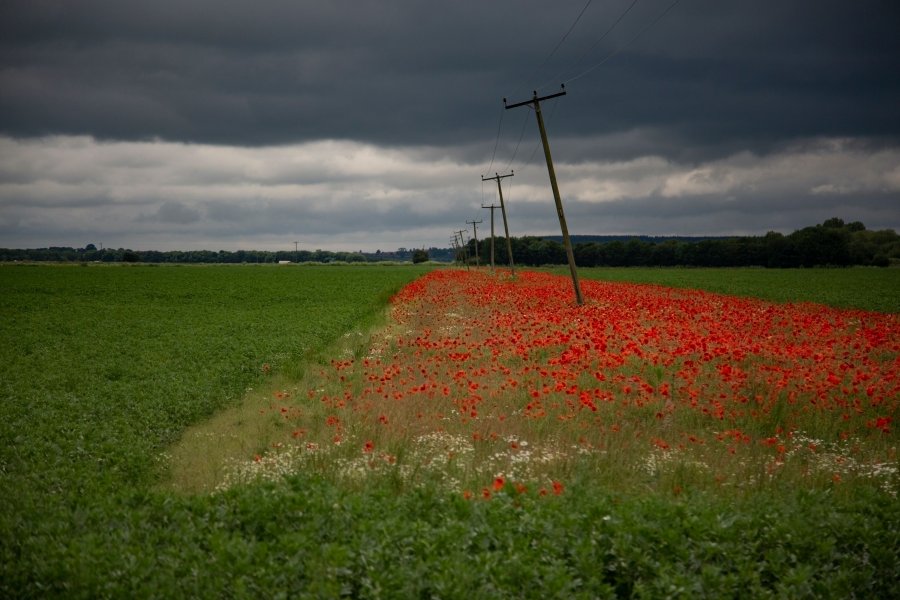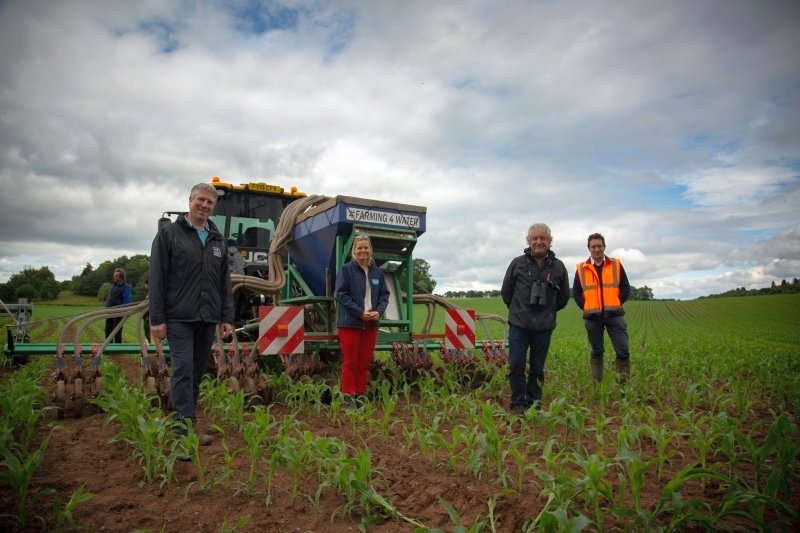
Four projects involving farmers in the Midlands have been welcomed by Natural England for providing a major contribution to the UK's Nature Recovery Network.
Severn Trent, the Nottinghamshire Wildlife Trust and local farmers are working on sustainability projects as part of the Nature Recovery Network.
The network intends to improve habitats to address wildlife decline and provide environmental benefits. It is part of the government’s 25-year environment plan.
The four projects are aiming to enhance the local natural environment and improve water quality.
The Idle Washlands SSSI project wants to improve habitats for waders and water voles, including scrape creation, wet grassland restoration and fencing.
The Idle Valley Nature Reserve project is aiming to develop crucial water control structures to manage water levels on the wetland SSSI.
It will reintroduce beavers for sustainable conservation management and diverse wetland habitat creation before work begins on rewilding the reserve.
Elsewhere, farmers and landowners are working on four target areas of Nottinghamshire to create wildlife-rich habitats such as meadows, woodlands and ponds.
Lastly, the Thoresby maize trials are investigating whether under-sowing maize with strips of grass can help protect water quality and increase farmland pollinators.

Tony Juniper, Natural England chair welcomed the contribution from Severn Trent toward the creation of the national Nature Recovery Network.
“These exciting projects embody the kind of approach needed to achieve our national ambition to create a flourishing network," he said.
"Collaboration is at the heart of it, and here we can see the benefits of industry, farming and conservation coming together to ensure that nature thrives for the benefit of people and planet.
"I very much hope these projects will inspire others to invest in similarly effective partnerships,” he added.
Paul Wilkinson, Nottinghamshire Wildlife Trust chief executive, added that an effective Nature Recovery Network must be 'created from the ground up, with everyone playing a part'.
“These exciting projects illustrate that serious investment in nature’s recovery is good for wildlife, communities and businesses.
"Working in partnership we have the power to address the climate and ecological emergencies through local action,” he said.
